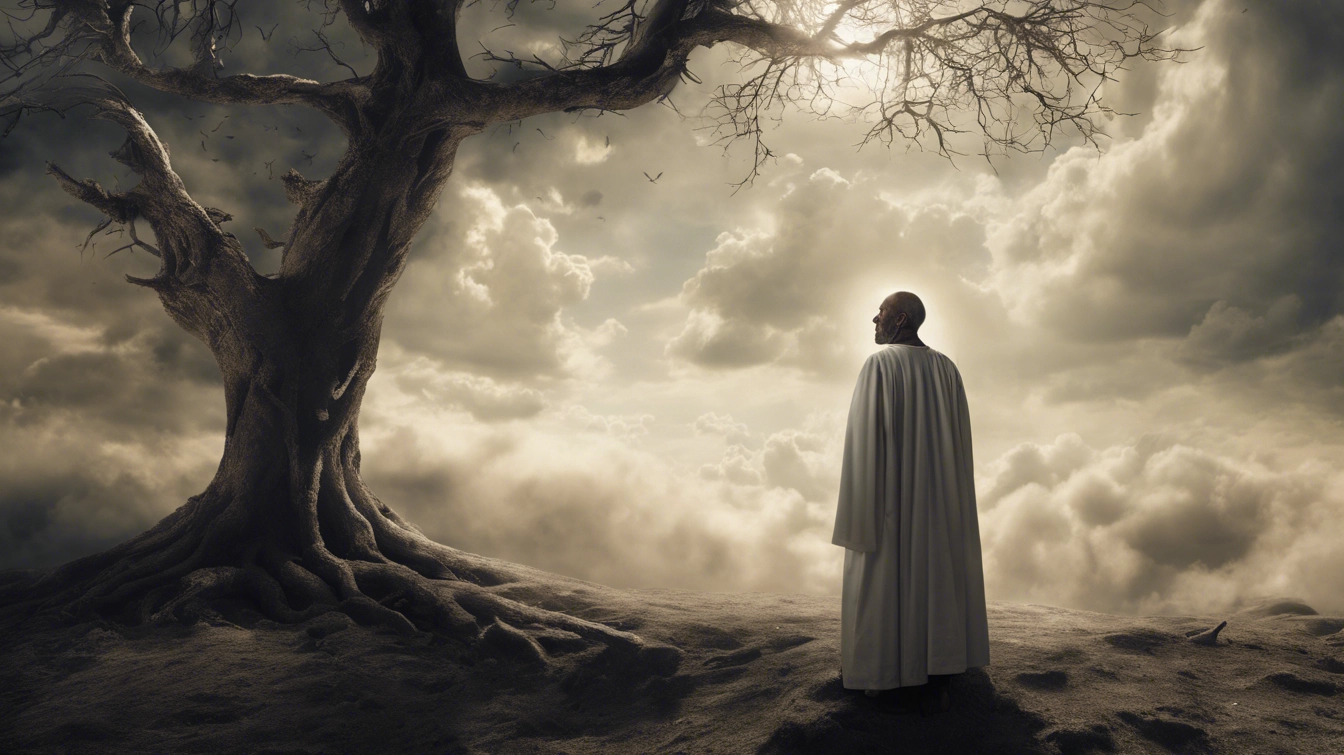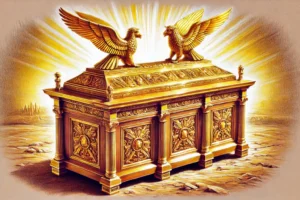
What Happens After Death?
The question of what happens after death is one of the most profound and frequently asked in theology. According to the Bible, several passages offer insights into what happens when a person dies, though interpretations may vary among Christian denominations.
Quick Facts:
- Immediate Presence with God (for believers): In 2 Corinthians 5:8, Paul expresses confidence that to be “absent from the body” is to be present with the Lord.
- Judgment: Hebrews 9:27 states that after death comes judgment, where each person will be judged based on their life choices.
- Resurrection of the Dead: In 1 Thessalonians 4:16, the Bible teaches the resurrection of the dead at Christ’s second coming.
- Eternal Life or Separation: According to John 5:29, those who have done good will rise to live, and those who have done evil will rise to be condemned.
- Heaven or Hell: The Bible frequently speaks of two eternal destinations—heaven for those who are saved and hell for those who reject God (Matthew 25:46).
Detailed Analysis:
The Bible presents a clear but complex vision of life after death, grounded in several core themes: resurrection, judgment, and the eternal destiny of souls.
- The Intermediate State: The Bible suggests that after death, the soul goes to an intermediate state until the final judgment. For believers, this means being in the presence of God (Philippians 1:23), while others experience a different state, such as Hades or Sheol, often depicted as a place of separation from God’s blessings (Luke 16:19-31).
- Resurrection and Judgment: At the end of time, all will be raised and face judgment (Revelation 20:11-15). This belief in a final resurrection of both the righteous and the unrighteous is central to Christian eschatology. Jesus speaks of this in John 5:28-29, where He refers to a time when all who are in their graves will hear His voice and come out to either eternal life or condemnation.
- Heaven and Hell: The Bible describes heaven as a place of eternal joy, where there is no more death or sorrow (Revelation 21:4). Hell, on the other hand, is described as a place of eternal separation from God, characterized by suffering and regret (Matthew 25:41-46).
- Eternal Life: For those who have placed their faith in Christ, eternal life is the ultimate promise (John 3:16). This life is not merely an extension of earthly existence but a qualitatively different life in the presence of God, characterized by holiness, joy, and fulfillment.
- New Heaven and New Earth: Revelation 21:1-4 speaks of a new heaven and a new earth, where God will dwell with His people. This represents the final consummation of history, where believers will enjoy eternal fellowship with God in a restored creation.



